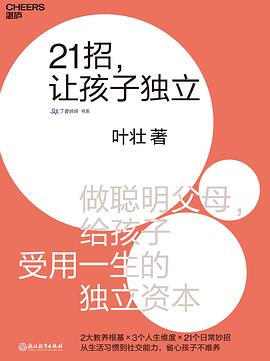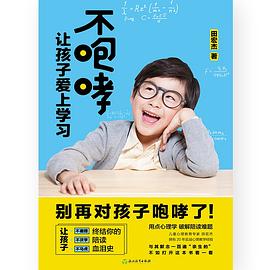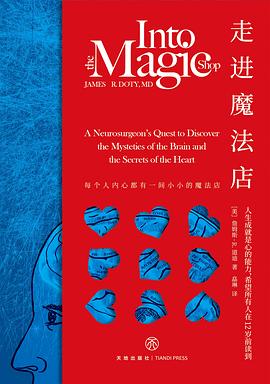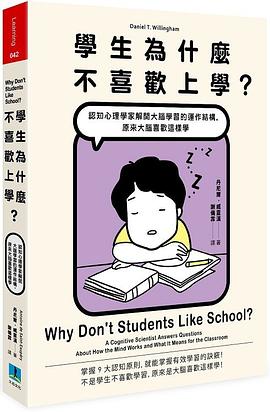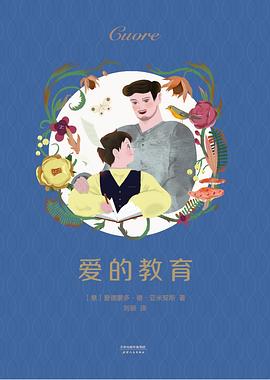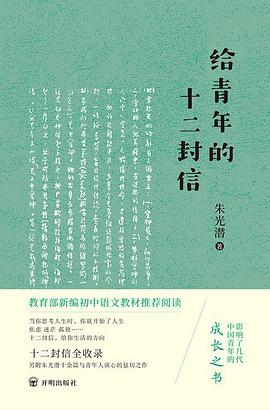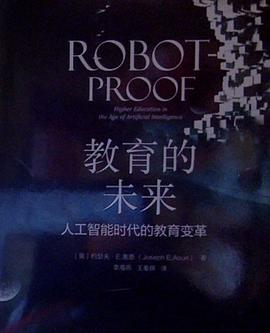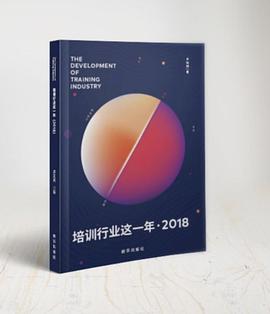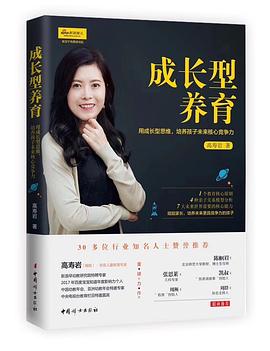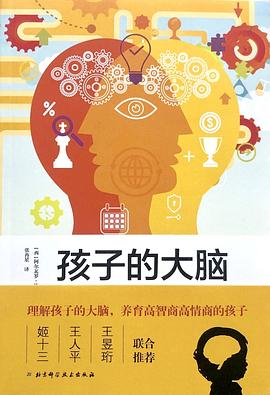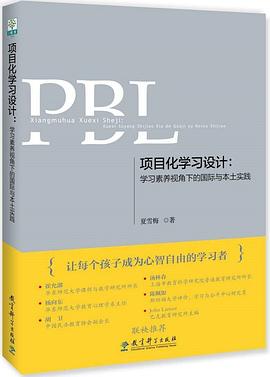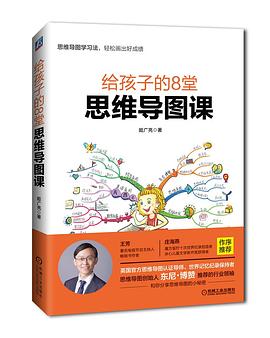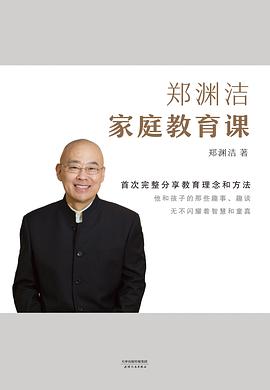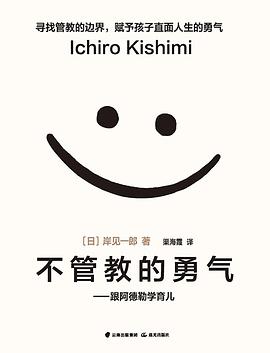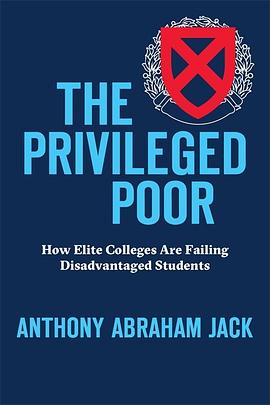

Introduction: Can Poor Students Be Privileged?
1. “Come with Me to Italy!”
2. “Can You Sign Your Book for Me?”
3. “I, Too, Am Hungry”
Conclusion: Beyond Access
Appendix
Notes
Acknowledgments
Index
· · · · · · (收起)
具体描述
Getting in is only half the battle. The Privileged Poor reveals how―and why―disadvantaged students struggle at elite colleges, and explains what schools can do differently if these students are to thrive.
The Ivy League looks different than it used to. College presidents and deans of admission have opened their doors―and their coffers―to support a more diverse student body. But is it enough just to admit these students? In The Privileged Poor, Anthony Jack reveals that the struggles of less privileged students continue long after they’ve arrived on campus. Admission, they quickly learn, is not the same as acceptance. This bracing and necessary book documents how university policies and cultures can exacerbate preexisting inequalities and reveals why these policies hit some students harder than others.
Despite their lofty aspirations, top colleges hedge their bets by recruiting their new diversity largely from the same old sources, admitting scores of lower-income black, Latino, and white undergraduates from elite private high schools like Exeter and Andover. These students approach campus life very differently from students who attended local, and typically troubled, public high schools and are often left to flounder on their own. Drawing on interviews with dozens of undergraduates at one of America’s most famous colleges and on his own experiences as one of the privileged poor, Jack describes the lives poor students bring with them and shows how powerfully background affects their chances of success.
If we truly want our top colleges to be engines of opportunity, university policies and campus cultures will have to change. Jack provides concrete advice to help schools reduce these hidden disadvantages―advice we cannot afford to ignore.
用户评价
##主要提出了poor students大类里有细分的privileged poor的概念。这些privileged poor因为高中时期进入了更为精英和高层的环境,在进入精英大学之后与peer和校里的adults沟通会更游刃有余,相较于doubly disadvantaged来说。但他们仍旧摆脱不了贫穷带来的物质上的障碍。其中第二章关于与老师、admin staff的交互让人十分能relate。对于doubly disadvantaged来说,是否真的应该宁做鸡头,不做凤尾呢?
评分##作者是穷学生出身,成为学者之后研究穷学生怎样能更好适应精英大学的生活,以求让更多的穷学生像他一样成功实现阶级跃迁,真的很empowering。本书很好读,作者很有逻辑地把学生的testimony串起来了。"Access is not inclusion"。第三章真是令人震惊,鼓励穷学生做宿舍清洁工来赚钱这种政策太智障了,还好有作者这种学者让弱势群体得以发声,就这点就值得力荐。本书结论不是鼓励更多穷学生读私校成为privileged poor,而是鼓励更多公校能赋权。最后的attachments也很有意思,作者留白了很多值得研究的地方,比如亚裔完全不在研究样本里。从社达社会出来的学生的cultural shock和美国穷学生居然是差不多的,比如我看到office hours那一点感到很有共鸣。
评分##这种讲美国学生cultural capital 和精英学校运作规则理解的书真是读一本等于读全部……感觉主旨的那些 cultural capital - ease,中产非中产文化资本的差别,别人都写过了……抄录一点最后政策建议:高中培育有利于上大学的文化,大学阶段为学生提供更多的生活补助,多提供制度性的学生和老师接触的机会,把unspoken rules明确化,等等。
评分##接着paying for the party 往后写了一下好学校里的穷学生,一种比较幸运,通过各种项目在寄宿学校积累过一轮人力和文化资本,一种实惨,费劲来了以后各种文化冲击。有的时候觉得社会生活太复杂了,即使是穷人也会被同一个社会的不同项目给分裂成几个小群体,产生不一样的体验(作者顺嘴提了一下群体之间对于同一件事不同的道德界限)。观察一下,其实在留学生里也常见,只不过parachute kids吸引了更多的媒体注意力。终于,美国人终于意识到diversity不仅仅是肤色意义上的representative,也能注意到阶级伤害是真实的存在了。
评分##内容很好,一共三章,在美国精英大学校园里:富裕家庭出身的学生和贫穷家庭出身的学生的互动和学业生活习惯程度;这两类学生和教授及行政人员互动的差异;学校为了加强贫穷学生的融入程度而推出的一些与初衷背道而驰的项目和措施。内容虽好但觉得深度不够,且有点啰嗦冗长。对于在美国的大学里工作过一段时间的人来说有点老生常谈。希望能激发更多更深层次的研究,也希望亚裔美国学生的情况能被研究一下…
评分##浅尝辄止,有点可惜。
评分##对于上层社会而言,阶级是比肤色和种族更为直观的分界线。
评分##对于上层社会而言,阶级是比肤色和种族更为直观的分界线。
评分##内容很好,一共三章,在美国精英大学校园里:富裕家庭出身的学生和贫穷家庭出身的学生的互动和学业生活习惯程度;这两类学生和教授及行政人员互动的差异;学校为了加强贫穷学生的融入程度而推出的一些与初衷背道而驰的项目和措施。内容虽好但觉得深度不够,且有点啰嗦冗长。对于在美国的大学里工作过一段时间的人来说有点老生常谈。希望能激发更多更深层次的研究,也希望亚裔美国学生的情况能被研究一下…
相关图书
本站所有内容均为互联网搜索引擎提供的公开搜索信息,本站不存储任何数据与内容,任何内容与数据均与本站无关,如有需要请联系相关搜索引擎包括但不限于百度,google,bing,sogou 等,本站所有链接都为正版商品购买链接。
© 2026 windowsfront.com All Rights Reserved. 静流书站 版权所有


